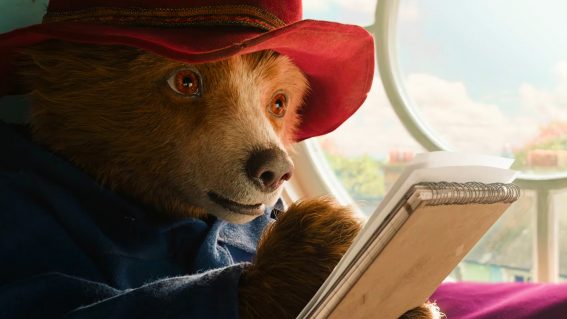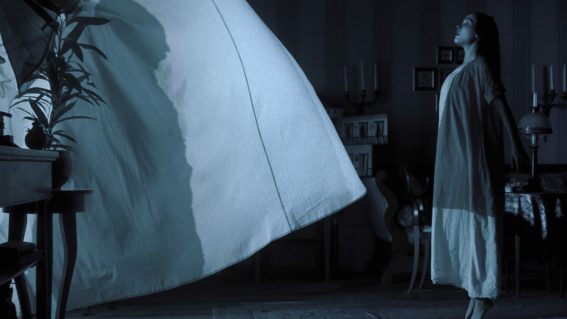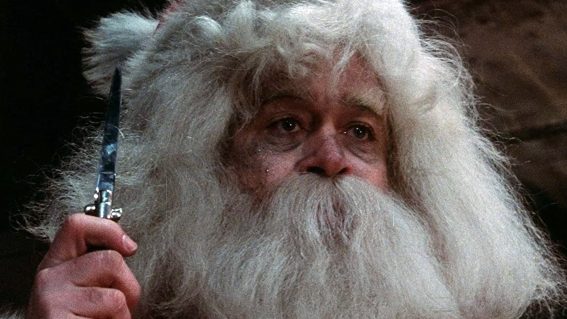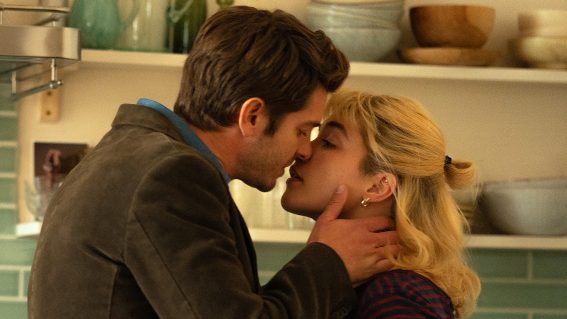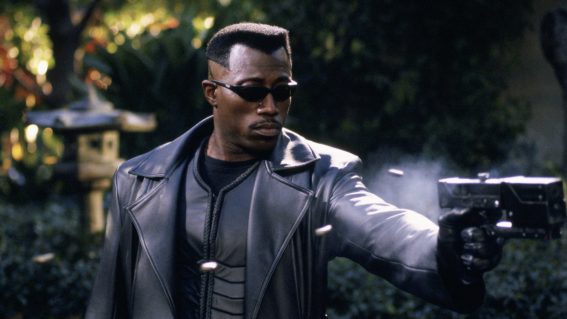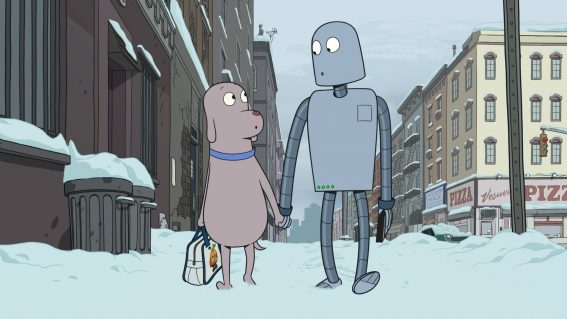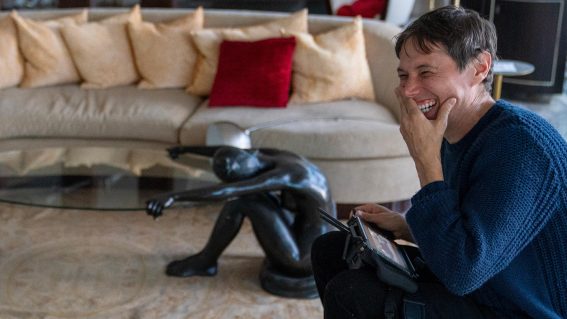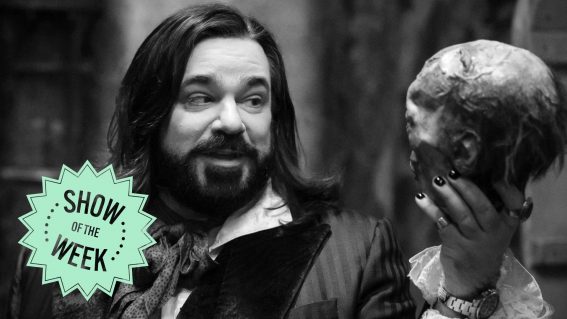It’s all about the big picture: Edinburgh Film Fest wrap-up
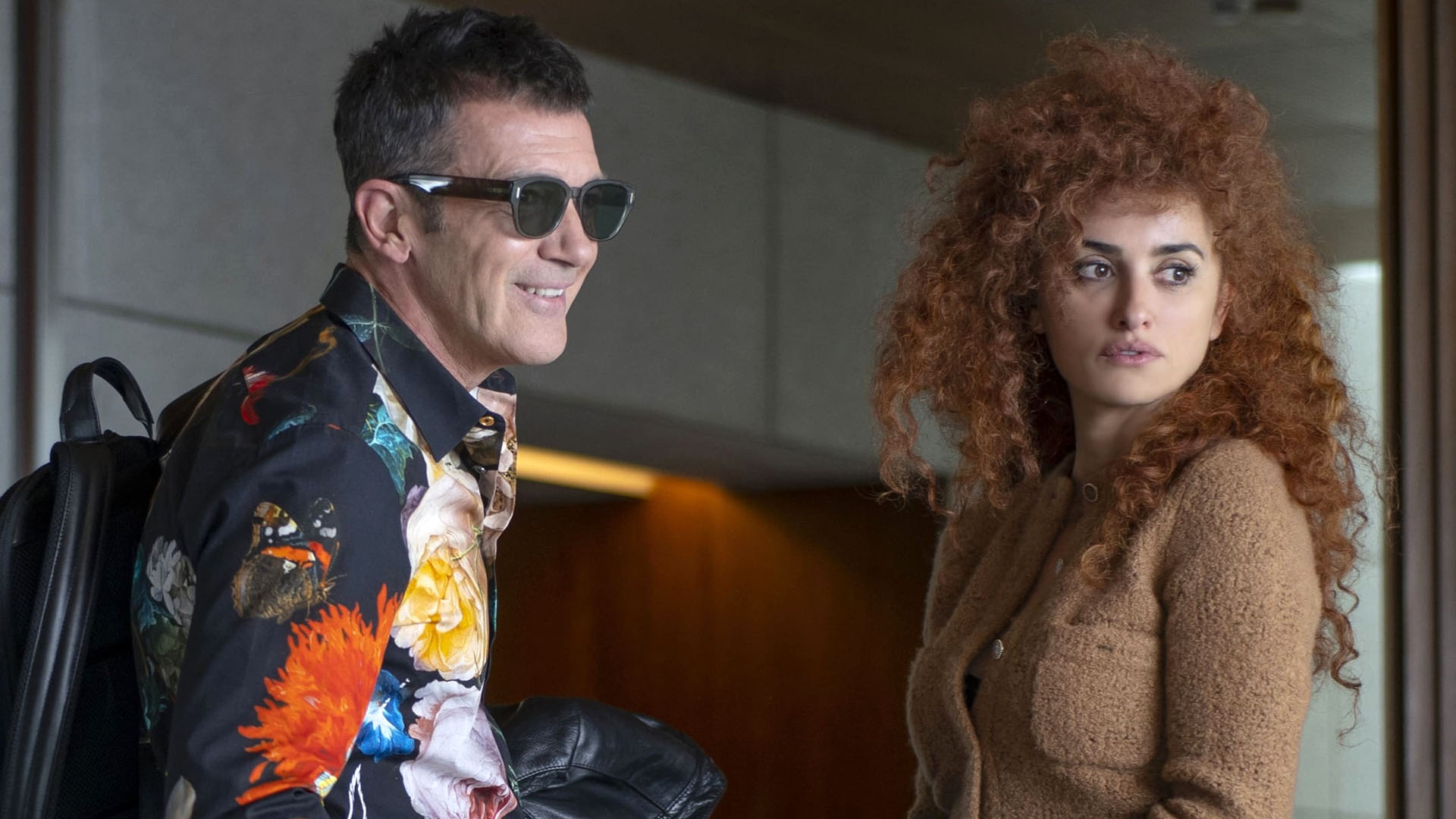
Rory Doherty reports on the many highlights of this year’s Edinburgh Film Festival. FOMO be damned, there’s plenty here to add to your watchlists for the remainder of the year.
One of the oldest film festivals both in the UK and the world, Edinburgh International Film Festival celebrated its 75th edition this August, amongst the hubbub of the city’s gargantuan other festivities, including Fringe and International art festivals. EIFF has previously seen UK premieres for filmmakers like Bong Joon Ho, Danny Boyle, Martin Scorsese, and Ridley Scott—and after a couple years of much-reduced programming due to the COVID pandemic, came back with a new creative director and a whole host of brilliant films.
Scottish talent was at the forefront of bigger screenings, with the buzziest premiere at Cannes being scooped up for Edinburgh’s opening gala—Charlotte Wells’ father-daughter drama Aftersun. When it was first announced, it was greeted with waves of excitement from critics all over the world, as Wells returned to her hometown to present her debut feature, especially after featuring in the Edinburgh Short Film Festival. The film went down a treat (full rave review here), with nay a dry eye in the house, and it was clear EIFF was off to a flying start.
Charlotte Wells’s film #AfterSun is a marvellous work – emotional, tender, poignant. Congratulations to @edfilmfest for a super opening night and for getting the festival back where it belongs, in August with the rest of the arts in Edinburgh.
— Marty Hailey (@metro13music) August 13, 2022
Opening Night party for Edinburgh International Film Festival 🎬 //
Starting with a beautiful, emotional opening movie "Aftersun" by Scottish director Charlotte Wells starring Paul Mescal and Frankie Corio (see it in cinemas in November!) and a cracking after party!#eiff pic.twitter.com/WxFPYAknwM
— Emma J (@ShopDollyShots) August 13, 2022
EIFF is a great place to see previews of bigger films months before their release, and the 2022 edition was no disappointment. The Rebecca Hall psychological horror Resurrection, Kogonada gentle sci-fi drama After Yang (which closed the festival), and Antonio Banderas and Penélope Cruz pastiche of European drama types Official Competition all received warm reception before they make it to audiences later in the year.
3. Resurrection
An insidious thriller that gets right under your skin in which Rebecca Hall cements her position as the finest actress of her generation with a devastating performance.
⭐️⭐️⭐️⭐️https://t.co/oj0qqYBszX— Dallas King (@DallasKing1138) August 17, 2022
Kogonada (Ditector of After Yang) introducing his film at #EIFF22: "What a glorious city!"
Makes you proud of Edinburgh, its been such an amazing few days of film! pic.twitter.com/C2HYHx0UUE— Scott Blair (@_ScottBlair_) August 20, 2022
Internationalism was at the forefront of programming this year, which included broadening its best British feature award—named after British filmmaker Michael Powell—to include international nominees and now named after Powell’s iconic collaboration with Hungarian Emeric Pressburger. The winner of the inaugural Powell & Pressburger Award for Best Feature Film was the animated A Cat Called Dom by local Edinburgh animator-filmmakers William Anderson and Ainslie Henderson, a self-reflexive 60-minute feature about a low-budget filmmaker trying to wrestle with the limitations of creative expression in the wake of his mother’s cancer diagnosis. The film brims with authentic Scottish humour and heart, features brilliant live-action/animation hybrid sequences, and is bound to make you teary-eyed.
World premieres were not just from Scottish and British talent—there was a wealth of bright talent that saw cinema screens for the first time this EIFF. There was Hong Kong drama The Narrow Road, Latvian rave coming-of-age film Neon Spring, Peruvian Amazon road trip documentary The Sacred Family – but none made more of an impact than Scottish-based Hassan Nazer’s Winners, a love-letter to Iranian cinema that’s triggered by a child scouring for gold discovers an Oscar statue. It pleased the crowds so much, it was the recipient of the festival’s audience award, which in the past has been awarded to Taika Waititi’s Hunt for the Wilderpeople.
An Aberdeen-based director winning the Audience Award? Love this ❤️ https://t.co/g7G9RHGd2r
— Amy Smith (@filmswithamy) August 24, 2022
There were pros and cons to the festival committing to an all-physical festival. One of the most special screening rooms to be in was the showing of Sam Green’s 32 Sounds. An immersive aural documentary about recorded sound, Green narrated his film live to an audience all wearing specialised wireless headphones. Audiences were encouraged to immerse themselves in sound, make noises themselves, and in one highlight, join a dance party at the front of the cinema. Having to retool this experience for its premiere at Sundance in January, a festival that pivoted to all-virtual at the height of the Omicron peak, it was great experiencing Green’s film the way he always intended.
But reducing a festival to only include physical attendance is another step towards undermining the great accessibility progress festivals have made in the wake of COVID. Not only is a festival infinitely more inclusive by having an online platform for audiences and critics, it expands the festival’s scope from one location to literally anywhere on the globe. Beyond offering an invitation to international and disabled audiences, there’s also a factor of cost—the festival being hosted in August, where other arts celebrations drive up costs of accommodation and travel to ridiculous excesses—means only a select amount of critics can even visit the in-person festival.
If 2022 commemorated the 75th iteration of the festival, it wasn’t the only anniversary celebrated this year. Fifty years since EIFF’s Women’s Event, hosted by powerhouse feminist theorists and one of the earliest celebration of women filmmakers by a European festival, curator Kim Knowles assembled the retrospective Reframing the Gaze, to assess and celebrate the roads feminist theory in film has taken since then, what definitions have changed, and where narratives and art will take the cause next. Films from the 70s, through the 90s, and up to the present day gave a holistic look at the patterns of perspectives that have defined the “gaze” in feminist film since it began. Hopefully, next year will see more of these thorough, incisive retrospectives at the journey EIFF has taken over 75 years.

